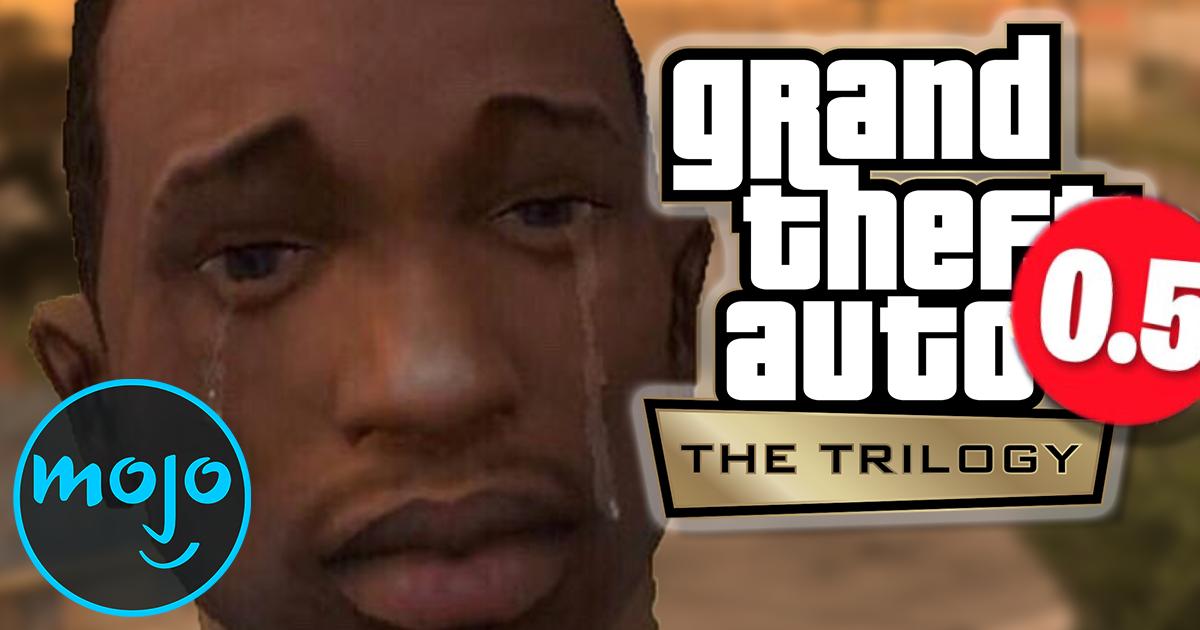iirc, I read here that the numbers of the PC are unexpectedly good, like a 20% increase every year during the last 4 or 5 years. That's utterly nuts.https://wccftech.com/steam-achieves-37-2-million-concurrent-players-breaking-all-previous-records/
Insane numbers. PC gaming continues an upward trend.
It's even better taking into account other devices seem stagnated. I guess the use of PC for work, programming, etc, and the easier way to install/play games, did skyrocket the PC sales. Also the society we live in, where almost everything is a computer, has shifted the paradigm.
The golden era of PC has cometh.




